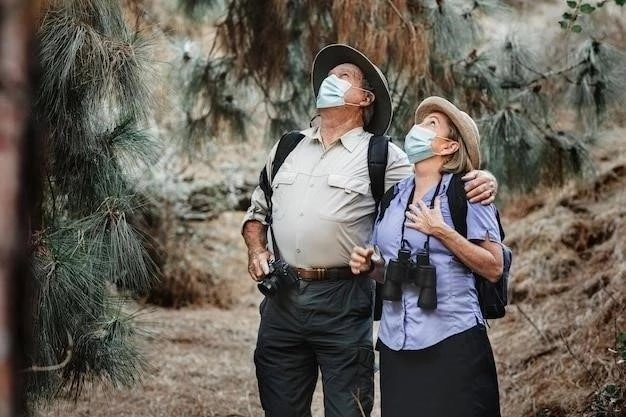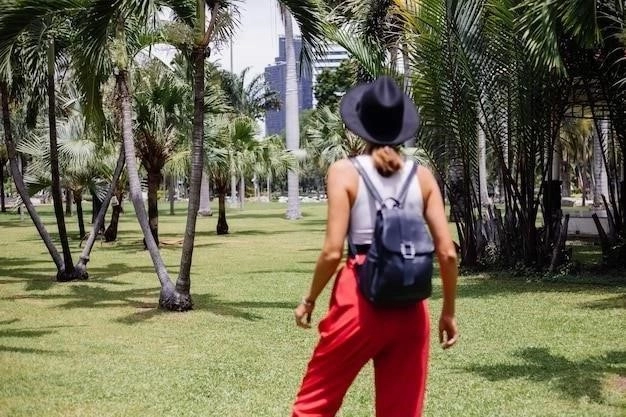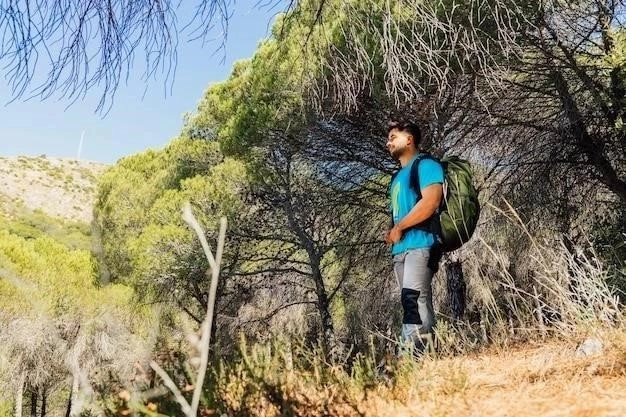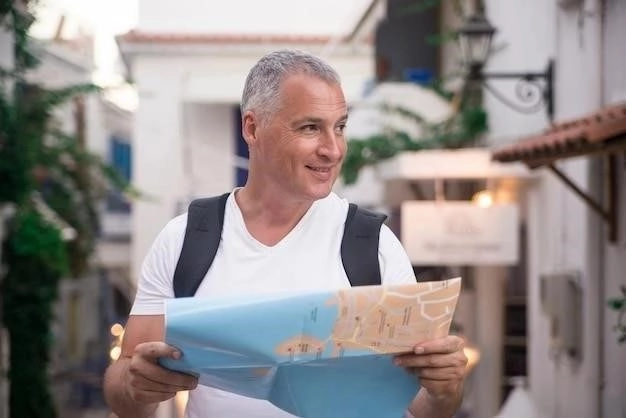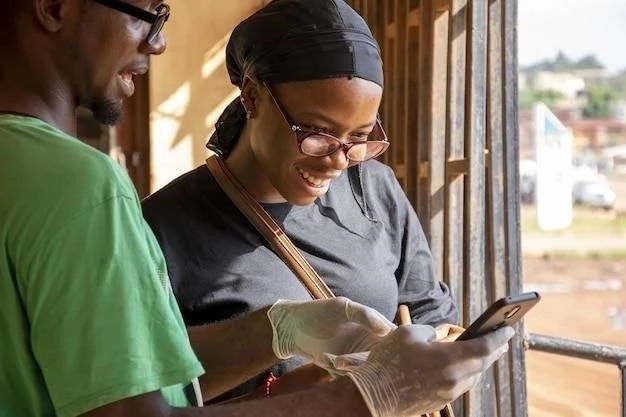Guinea Travel Guide
Embark on an unforgettable journey to Guinea, a West African nation renowned for its stunning landscapes, vibrant culture, and warm hospitality.
1. Visa and Entry Requirements
Before embarking on your journey to Guinea, it is essential to ensure you have the necessary travel documents. Most foreign nationals, including those from the United States, Canada, Australia, and the European Union, require a visa to enter Guinea.
Visa Acquisition:
You can obtain a visa through the Guinean embassy or consulate in your home country. The visa application process typically involves submitting the following:
- A valid passport with at least six months of remaining validity and blank pages for visa endorsements.
- A completed visa application form.
- Recent passport-sized photographs.
- Proof of travel arrangements, such as flight itineraries and hotel reservations.
- Proof of yellow fever vaccination.
- A visa application fee, which may vary depending on your nationality.
It is advisable to contact the Guinean embassy or consulate in your country to confirm the specific requirements and any recent updates to the visa application process.
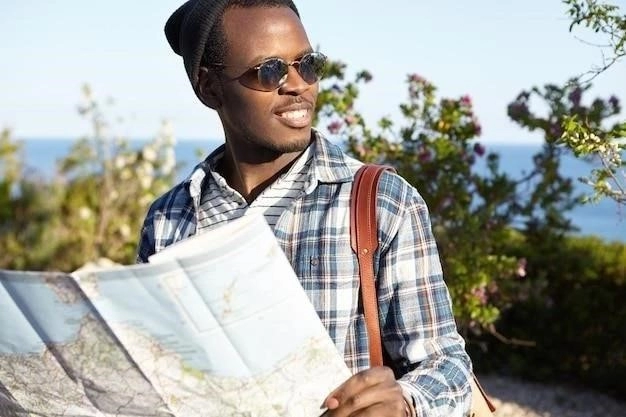
Visa Types:
Guinea offers various types of visas, including tourist visas, business visas, and transit visas. The type of visa you require will depend on the purpose and duration of your trip.
Visa Validity:
Tourist visas typically have a validity of 30 to 90 days, depending on your nationality. It’s crucial to adhere to the visa’s validity period to avoid any complications during your stay.
Entry Requirements:
Upon arrival in Guinea, you will need to present your passport with the valid visa, along with the following documents:
- A completed embarkation/disembarkation card.
- Proof of sufficient funds to cover your expenses during your stay.
- A return or onward ticket.
Immigration officials may ask additional questions about your travel plans and the purpose of your visit.
Visa Extensions:
If you wish to extend your stay beyond the initial visa validity period, you must apply for a visa extension at the immigration office in Conakry. It’s essential to initiate this process well in advance of your visa’s expiration date to avoid any penalties.
2. Best Time to Visit Guinea
Guinea experiences a tropical climate characterized by distinct wet and dry seasons. The optimal time to visit Guinea for pleasant weather conditions and outdoor exploration is generally during the dry season, which spans from November to May.
Dry Season (November to May):
During these months, Guinea enjoys abundant sunshine, lower humidity, and minimal rainfall. This period offers ideal conditions for visiting Conakry, exploring the country’s natural attractions, and experiencing cultural events.
Wet Season (June to October):
The wet season brings heavy rainfall, high humidity, and increased chances of malaria. While some travelers may find the lush landscapes appealing, road conditions can deteriorate, and outdoor activities might be limited.
Shoulder Seasons (May-June and September-October):
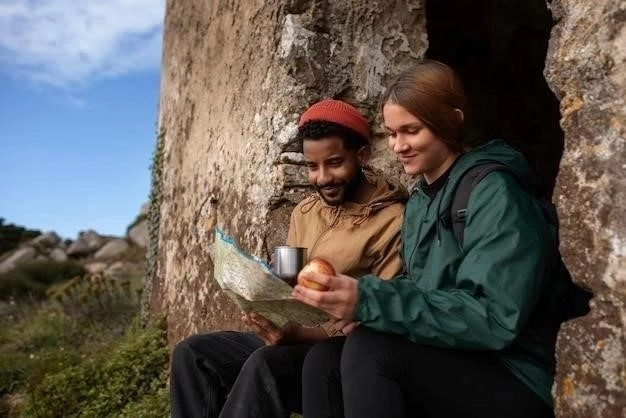
The shoulder seasons offer a balance between the dry and wet seasons. You might experience some rainfall, but it is typically less intense and of shorter duration than during the peak wet season.
Regional Variations:
It’s worth noting that Guinea’s climate can vary slightly depending on the region. The coastal areas, including Conakry, tend to be hotter and more humid than the inland regions.
Festivals and Events:
Guinea hosts various cultural festivals and events throughout the year. If you are interested in immersing yourself in the local culture, consider planning your trip to coincide with celebrations like Independence Day (October 2nd) or the Festival des Arts de la Forêt Sacrée.
Overall Recommendation:
For the most favorable weather conditions and optimal travel experience, the dry season, from November to May, is generally the best time to visit Guinea. However, the shoulder seasons can also be pleasant with a bit of flexibility and preparation for occasional rain.
3. Health and Safety Precautions
Prioritizing your health and safety is paramount when traveling to Guinea. By taking necessary precautions and staying informed about potential risks, you can ensure a safe and enjoyable trip.
Vaccinations:
Consult your healthcare provider well in advance of your trip to receive recommended vaccinations and discuss any necessary preventive medications. The Centers for Disease Control and Prevention (CDC) and the World Health Organization (WHO) provide comprehensive information on recommended vaccinations for travelers to Guinea.
Yellow Fever Vaccination:
Guinea is located in a yellow fever-endemic region, and vaccination against this disease is mandatory for all travelers over nine months of age. Ensure you receive the vaccination at least 10 days before your departure and carry your International Certificate of Vaccination or Prophylaxis (ICVP) with you during your trip.
Malaria Prevention:
Malaria is prevalent in Guinea. Consult your doctor about appropriate antimalarial medication and adhere to preventive measures such as using mosquito repellent, sleeping under insecticide-treated nets, and wearing long-sleeved clothing, especially during dawn and dusk hours when mosquitoes are most active.
Food and Water Safety:
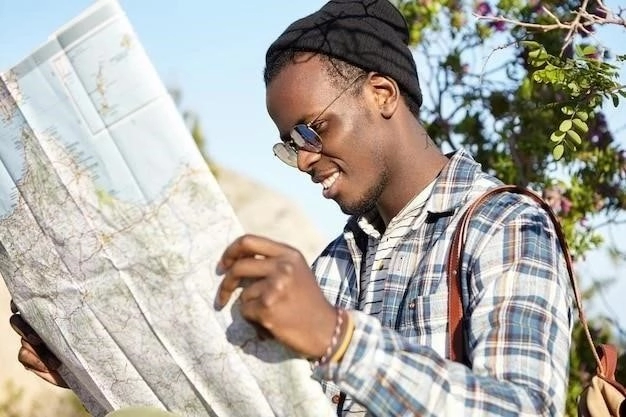
Exercise caution with food and water consumption to prevent traveler’s diarrhea. Stick to bottled water or beverages prepared with boiled water. Be mindful of food handling practices and opt for cooked food over raw or undercooked meals.
Medical Insurance:
Obtaining comprehensive travel insurance that covers medical emergencies, evacuation, and repatriation is highly recommended. Familiarize yourself with the insurance policy’s coverage and contact information in case of any medical needs.
Safety and Security:
Exercise vigilance regarding personal belongings and be aware of your surroundings, especially in crowded areas. Avoid displaying large sums of cash or expensive jewelry.
Local Laws and Customs:
Respect local laws and customs. Dress modestly, especially when visiting religious sites. It’s advisable to familiarize yourself with basic French phrases as it is the official language of Guinea.
4. Transportation Options in Guinea
Navigating Guinea’s transportation network requires some planning and flexibility. While the country offers various transportation options, road conditions and infrastructure can be challenging, especially outside major cities.
Air Travel:
Guinea’s primary international airport is Conakry International Airport (CKY), located in the capital city. Several international airlines operate flights to and from Conakry, connecting Guinea to major hubs in Africa, Europe, and the Middle East. Domestic flights are available between Conakry and a few other cities, providing a convenient option for covering longer distances.
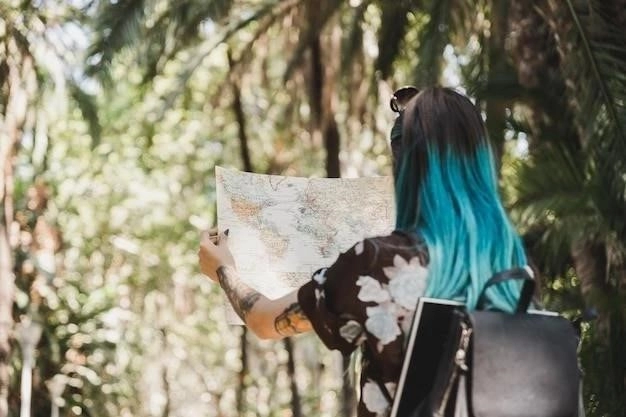
Road Transportation:
Road travel in Guinea can be adventurous and, at times, demanding. Road conditions vary significantly, with paved roads primarily found in urban areas and major highways. Traveling by road allows you to experience the countryside’s scenic beauty but requires careful planning and consideration.
Bush Taxis:
Shared taxis, known as “bush taxis,” are a common and affordable mode of transportation for traveling between cities and towns. These taxis typically depart when full, offering a communal travel experience.
Private Vehicles:

Renting a car in Guinea is possible, but it is generally recommended for experienced drivers familiar with local road conditions. Hiring a car with a driver is a more convenient and safer option, especially for longer journeys.
Motorbike Taxis:
In urban areas, motorbike taxis are a popular and efficient way to navigate through traffic. However, it’s essential to exercise caution and ensure the rider is wearing a helmet.
Ferries:
Ferries operate between Conakry and the Los Islands, offering scenic transportation and access to these beautiful islands.
Local Transportation:
Within cities and towns, you’ll find various local transportation options, including shared taxis, minibuses, and motorcycle taxis. Negotiate fares in advance, and always agree on the price before starting your journey.
5. Accommodation: From Budget to Luxury

Guinea offers a range of accommodation options to suit various budgets and preferences. Whether you seek the comfort of a luxury hotel or the affordability of a guesthouse, you’ll find suitable lodging for your stay.
Luxury Hotels:
Conakry, the capital city, boasts a selection of international-standard hotels offering luxurious amenities, including swimming pools, fitness centers, restaurants, and business facilities. These hotels cater to business travelers and discerning tourists seeking a comfortable and high-end experience.
Mid-Range Hotels:
In major cities and tourist destinations, you’ll find a variety of mid-range hotels offering comfortable rooms, essential amenities, and friendly service. These hotels provide a balance of comfort and affordability.
Guesthouses and Pensions:
For budget-conscious travelers, guesthouses and pensions offer basic but clean accommodations at affordable rates. These establishments provide an opportunity to interact with locals and experience a more authentic side of Guinean hospitality.
Eco-Lodges and Nature Resorts:
Guinea’s stunning natural landscapes offer opportunities for unique stays in eco-lodges and nature resorts. These accommodations, often located in or near national parks and reserves, provide an immersive experience in nature while promoting sustainable tourism practices.
Booking Accommodation:
It’s advisable to book accommodation in advance, especially if you plan to travel during peak season or prefer specific hotels or locations. Online booking platforms and travel agencies can assist with finding and securing accommodation arrangements.
Accommodation Considerations:
When selecting accommodation in Guinea, consider factors such as location, proximity to amenities, security, and the availability of essential services like electricity and water. Reading reviews from previous guests can provide valuable insights into the overall quality and experience offered by different establishments.
6. Must-Visit Attractions in Conakry
Conakry, Guinea’s vibrant capital city, offers a captivating blend of history, culture, and natural beauty. Explore these must-visit attractions to experience the essence of Conakry:
Grand Mosque of Conakry:
Admire the architectural grandeur of the Grand Mosque of Conakry, one of the largest and most impressive mosques in West Africa. Its soaring minarets and spacious prayer hall are a testament to the city’s significant Muslim population.
National Museum of Guinea:
Delve into Guinea’s rich history and cultural heritage at the National Museum, housed in a former presidential palace. Explore exhibits showcasing traditional artifacts, masks, sculptures, and historical photographs.
Iles de Los:
Embark on a scenic boat trip to the Iles de Los, a group of idyllic islands off the coast of Conakry. Relax on pristine beaches, swim in crystal-clear waters, and discover the islands’ serene ambiance.
Marché du Niger:
Immerse yourself in the vibrant atmosphere of Marché du Niger, Conakry’s largest and most bustling market. Experience the sights, sounds, and smells of daily life as you browse through stalls selling everything from fresh produce to colorful textiles.
Presidential Palace:
Admire the Presidential Palace, an imposing symbol of Guinean governance. While access to the interior is restricted, the palace’s exterior architecture and surrounding gardens offer a glimpse into the country’s political heart.
Cathedral of Conakry:
Visit the Cathedral of Conakry, a prominent landmark and a testament to the city’s Christian community. Explore its serene interior and appreciate its architectural style.
Botanical Garden:
Escape the city bustle and find tranquility at the Conakry Botanical Garden. Stroll through lush greenery, discover diverse plant species, and enjoy a moment of respite amidst nature.
7. Exploring the Natural Beauty of Guinea
Beyond its bustling cities, Guinea unveils a tapestry of breathtaking landscapes, from verdant rainforests to cascading waterfalls and pristine beaches. Venture into nature’s embrace and discover these natural wonders:
Mount Nimba Strict Nature Reserve:
Embark on an unforgettable trek through Mount Nimba Strict Nature Reserve, a UNESCO World Heritage Site straddling the borders of Guinea, Liberia, and Côte d’Ivoire. Ascend to the summit of Mount Nimba, the highest peak in West Africa, and witness panoramic views of the surrounding landscapes.
Fouta Djallon:
Journey to the Fouta Djallon highlands, a region characterized by rolling hills, verdant valleys, and cascading waterfalls. Explore picturesque villages, encounter Fulani herders tending their cattle, and witness the beauty of the region’s waterfalls, including the Kinkon Falls and the Ditinn Falls.
Badiar National Park:
Explore the diverse ecosystems of Badiar National Park, home to a variety of wildlife, including chimpanzees, hippos, and numerous bird species. Trek through dense forests, navigate savanna grasslands, and immerse yourself in the sights and sounds of Guinean wilderness.
Îles de Loos:
Escape to the idyllic Îles de Loos, an archipelago of pristine islands off the coast of Conakry. Relax on white-sand beaches, swim in crystal-clear waters, and discover hidden coves and coral reefs teeming with marine life.
Tri-National de la Sangha (TNS):
Venture into the heart of the Congo Basin and explore the Tri-National de la Sangha (TNS), a UNESCO World Heritage Site shared with Cameroon and the Republic of the Congo. Discover a vast expanse of pristine rainforests, encounter diverse wildlife, and witness the beauty of this biodiverse region.
8. Experiencing Guinean Culture and Traditions
Immerse yourself in the vibrant tapestry of Guinean culture, where ancient traditions intertwine with modern influences, creating a rich and captivating heritage.
Music and Dance:
Guinea is renowned for its vibrant music and dance traditions. Attend a live performance of traditional Guinean music featuring the melodic sounds of the kora, the balafon (wooden xylophone), and the djembe drum. Witness energetic dance performances that reflect the country’s cultural diversity.
Art and Crafts:
Explore local markets and craft centers to discover the artistry of Guinean artisans. Admire intricate wood carvings, colorful textiles, woven baskets, and elaborately crafted masks, each piece reflecting the country’s rich artistic heritage.
Festivals and Celebrations:
Experience the exuberance of Guinean festivals, such as Independence Day (October 2nd) and the Festival des Arts de la Forêt Sacrée. Witness vibrant processions, traditional dances, and cultural displays that showcase the country’s cultural pride and heritage.
Village Life:
Venture beyond the cities and experience the tranquility of village life in Guinea. Engage with local communities, observe traditional farming practices, and gain insights into the customs and traditions that have shaped Guinean society for generations.
Hospitality and Cuisine:

Guineans are known for their warm hospitality and welcoming nature. Engage in conversations with locals, savor the flavors of Guinean cuisine, and experience the genuine generosity of the Guinean people.
Respectful Engagement:
When experiencing Guinean culture, it’s essential to approach interactions with respect and sensitivity. Dress modestly, ask for permission before taking photographs, and be mindful of local customs and traditions.
9. Food and Cuisine: A Gastronomic Journey
Embark on a culinary adventure in Guinea, where a fusion of flavors and aromas will tantalize your taste buds. Guinean cuisine is a delightful blend of West African staples with influences from French and Lebanese culinary traditions.
Staple Ingredients:
Rice and sauces form the foundation of Guinean cuisine. Locally grown rice varieties, such as “riz gras” (fatty rice), are often accompanied by flavorful sauces prepared with a medley of ingredients, including tomatoes, onions, peanuts, palm oil, and a variety of spices.
Popular Dishes:
Indulge in national favorites like “poulet kedjenou,” a slow-cooked chicken stew simmered in a rich tomato and vegetable sauce. Sample “riz au gras,” a flavorful rice dish cooked in a savory broth with meat or fish, and “sauce d’arachide” (peanut sauce), a staple accompaniment to many Guinean dishes.
Seafood Delights:
Along the coast, savor the freshest catches of the day, including grilled fish, prawns, and lobster. “Poisson braisé” (grilled fish), marinated in a blend of spices and grilled to perfection, is a must-try for seafood enthusiasts.
Tropical Fruits and Beverages:
Quench your thirst with refreshing beverages made from locally grown fruits, such as mango, pineapple, papaya, and ginger. Indulge in freshly squeezed fruit juices or try “bissap,” a vibrant hibiscus tea.
Dining Experiences:
From street food stalls to local restaurants, Guinea offers a range of dining experiences to suit every budget. Sample local delicacies at roadside eateries or enjoy a more formal dining experience at restaurants serving traditional and international cuisine.
Cultural Etiquette:
When dining with Guineans, it’s customary to wash your hands before and after meals. If invited to a local home, it’s polite to bring a small gift, such as fruit or beverages, for the host.
10. Shopping for Souvenirs and Local Crafts
Bring home a piece of Guinea by exploring its vibrant markets and craft centers, where you’ll find an array of unique souvenirs and locally made treasures.
Textiles and Fabrics:
Guinea is renowned for its exquisite textiles and fabrics. Seek out vibrantly colored fabrics like “bogolan” (mud cloth) from the Fouta Djallon region, known for its intricate patterns created using fermented mud and plant dyes. Admire handwoven cotton textiles, batik prints, and embroidered fabrics, perfect for clothing, tablecloths, or wall hangings.
Wood Carvings and Sculptures:
Discover the craftsmanship of Guinean artisans specializing in wood carvings. Find intricate masks representing ancestral spirits, animal figures, and decorative objects, each piece reflecting the country’s rich cultural heritage and artistic traditions.
Basketry and Weaving:
Explore the art of basketry and weaving, traditions deeply rooted in Guinean culture. Admire intricately woven baskets, mats, and fans crafted from natural materials like straw, reeds, and palm leaves. These items make for both decorative and practical souvenirs.
Leather Goods:
Guinea has a tradition of leatherwork, and you’ll find a variety of handcrafted leather goods in local markets. Look for sandals, belts, bags, and purses made from high-quality leather, often adorned with intricate designs.
Musical Instruments:
For music enthusiasts, consider purchasing a traditional Guinean musical instrument. Seek out beautifully crafted djembe drums, koras (stringed instruments), or balafons (wooden xylophones). These instruments serve as both decorative pieces and a reminder of Guinea’s vibrant musical heritage.
Bargaining Etiquette:
Bargaining is customary in Guinea’s markets. Approach it with a smile and a sense of humor. Start by offering a price lower than you’re willing to pay and be prepared to negotiate politely to reach a fair price.



